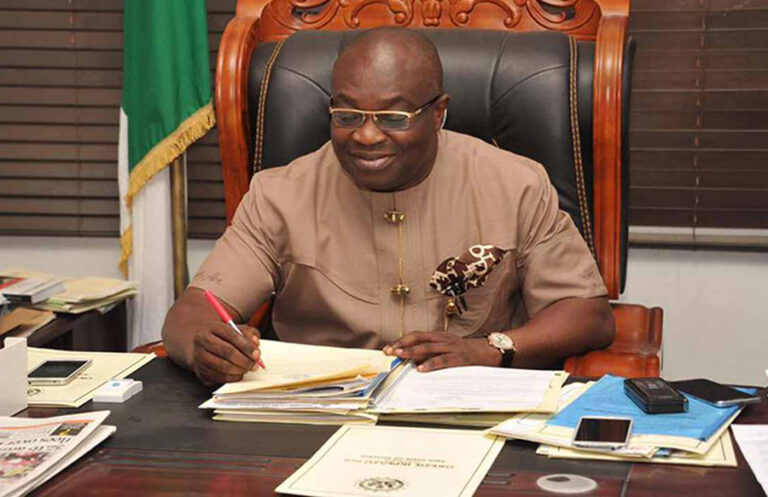Abia state, Lagos, the Federal Capital Territory (FCT) and seven other states in Nigeria have topped the list of top 7 states with the highest foreign direct investment.
According to Nigeria’s National Bureau of Statistics (NBS), Lagos was the country’s top state attracting foreign direct investment (FDI) into the country for the third quarter of 2020.

Asides Lagos, Nigeria’s capital city Abuja, Abia; Niger, Ogun, Kano, and Kaduna states, also featured in the latest report obtained by Igbere TV.
While Lagos attracted $1.21bn accounting for 82.7% of the total FDI, FCT attracted $195.57 million with Abia attracting $56.07 million.
Others were: Niger, $510.1k; Ogun, $293.35k; Kano, $249.91k and Kaduna state attracting $51.46k foreign investment for the year 2020 third quarter.
Igbere TV reports that FDI is an investment in the form of a controlling ownership in a business in one country by an entity based in another country.
In the latest report, FDI constituted 28.38% of the total inflows, all of which were received through equity.
Also, foreign direct investment ($414.79 million) grew by 179.2% in Q3 2020, compared to $148.59 million recorded in the previous quarter.
Nigeria received a sum of $1.46 billion from capital inflows in the third quarter of 2020 (Q3 2020), as against $1.29 billion received in the previous quarter (Q2 2020). This is according to the latest capital importation report released by the NBS.
According to the report, the inflows of $1.46 billion represent a 12.86% increase compared to N1.29 billion received in Q2 2020. It however dipped by 74.03% as against $5.63 billion recorded in the corresponding period of 2019.
Also, checks by Igbere TV showed that Nigeria received a total of $8.61 billion in capital inflows between January and September 2020.
FDI in Nigeria
Nigeria is the third host economy for FDI in Africa, behind Egypt and Ethiopia. The country is among the most promising poles of growth in Africa and attracts numerous investors in the sector of hydrocarbon, energy, buildings etc. The country undergoes the effects of the oil counter-shock. According to the UNCTAD 2020 World Investment Report, FDI flows to Nigeria totalled to USD 3,3 billion in 2019, showing a 48,5% decrease compared to the previous year (USD 6,4 billion in 2018) under the effects of austerity measures. The total stock of FDI was estimated at USD 98,6 billion in 2019. Some of the main investing countries in Nigeria include the USA, China, United Kingdom, the Netherlands and France.
Nigeria intends to diversify its economy away from oil by building a competitive manufacturing sector, which should facilitate integration into global value chains and boost productivity. The recent merging of trade, industry and investment under the ambit of the Federal Ministry of Industry, Trade and Investment reflects Nigeria’s intention to effectively coordinate between these three key areas to improve its trading and investment environment. Some of the country’s main advantages are a partially privatized economy, an advantageous taxation system, significant natural resources and a low cost of labor. On the other hand, widespread corruption, political instability, lack of transparency and poor quality of infrastructure are limiting the country’s FDI potential. Intense bureaucracy also curbs foreign investment.







